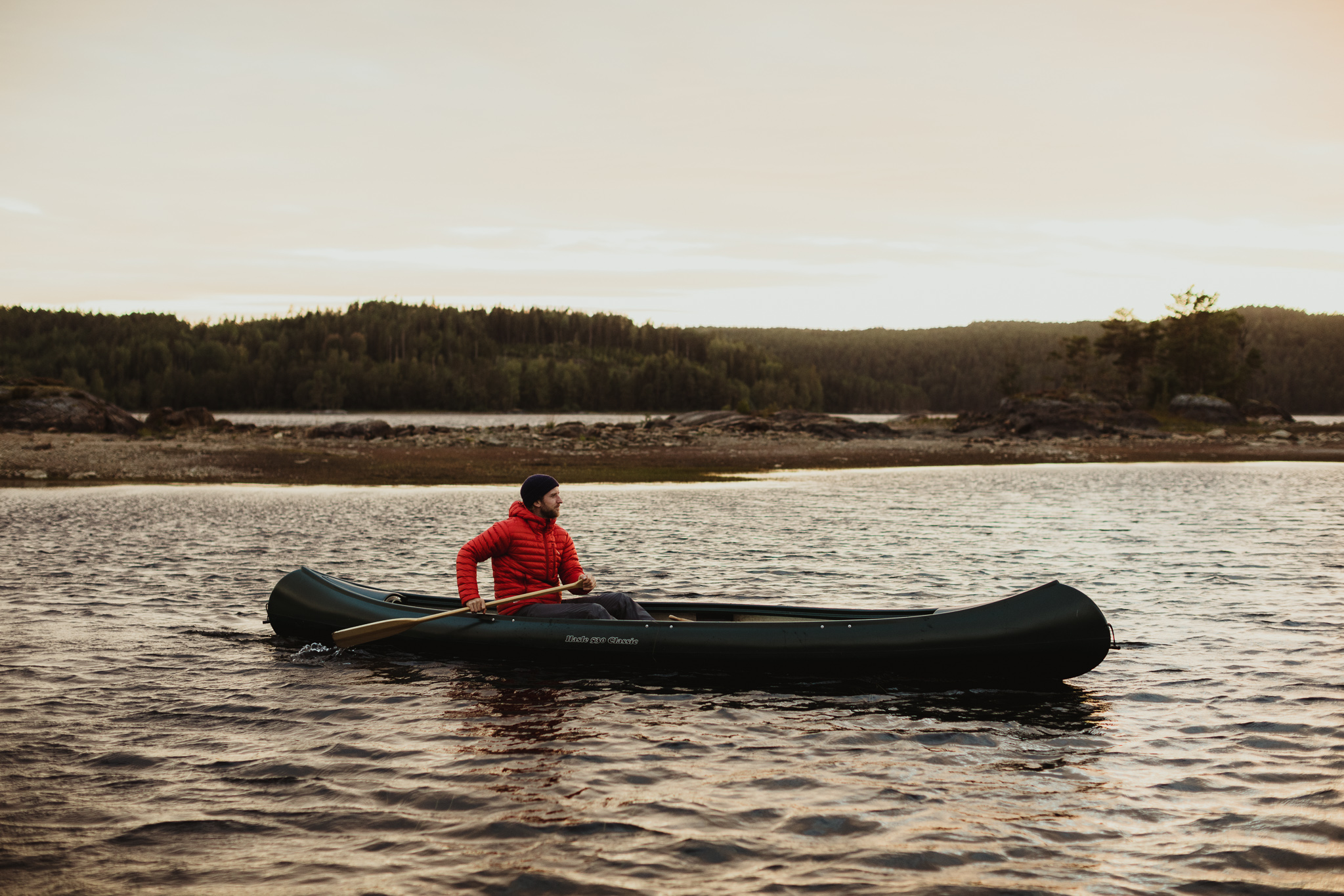The escape from the noise
What happens when you remove noise from your surroundings?

“It’s so quiet in here!” is one of the most common pieces of feedback we get from our guests at Hafsrød. The absence of noise is so noticeable that some people need time to get used to it. The steady hum of traffic, dog barking, industry and human activity has become so common that some even struggle to fall asleep without hearing it. So what does that do to those who have noise as part of their everyday life?
The World Health Organization writes that the EU has investigated how much noise we are exposed to in Europe, and the findings are startling:
- around 40% of the population in the EU countries are exposed to traffic noise that exceeds 55 db.
- 20% are exposed to levels that exceed 65 db during the day
- more than 30% are exposed to noise levels exceeding 55 db at night
In Norwegian legislation, measures must be surveyed and implemented if the noise level has a 24-hour equivalent that exceeds 35 db.
In Norway, the Institute of Public Health has found that over two million Norwegians are exposed to noise above the recommended level where they live. This can affect your health, and FHI points out, among other things, that long-term exposure to noise increases the risk of sleep disturbances and cardiovascular disease. In other words, enjoying silence can be good for you.
Silent Travel
The term “silent travel” has appeared possibly as a reaction against the constant during around us, and some do what they can to find places where they can hear “the sound of silence”. People therefore seek silence, in the form of parks or retreats that can offer what for many has become something out of the ordinary. Silence, or the absence of noise, is also used as a means of achieving inner peace. You’ve probably heard of both mindfulness and perhaps shinrin-yoku? Shinrin-yoku, also known as forest bathing, is also an example of self-care that incorporates silence as part of the “treatment”. Again, research can show that these slightly floating terms actually have an effect, and that silence and being in nature have positive effects on people.
The forest bathing program significantly reduced pulse rate and significantly increased the score for vigor and decreased the scores for depression, fatigue, anxiety, and confusion. Urinary adrenaline after forest bathing showed a tendency toward decrease. Urinary dopamine after forest bathing was significantly lower than that after urban area walking, suggesting the relaxing effect of the forest bathing. Serum adiponectin after the forest bathing was significantly greater than that after urban area walking.
Li et. al (2016), Effects of Forest Bathing on Cardiovascular and Metabolic Parameters in Middle-Aged Males
Although we do not call ourselves a “Quiet Park” or arrange “silent walks”, that is exactly what you get here with us.
Welcome to a stay in silence.
Kilder
- World Health Organization – Noise
- Lovdata.no – Forskrift om grenseverdier for støy
- Folkehelseinstituttet – Støy, helse og hørselstap i Norge
- NHI – Dette er mindfullness
- TIME – ‘Forest Bathing’ Is Great for Your Health. Here’s How to Do It.
- Condé Nas Traveler – Silence Is What You Need From Your Travels This Year

 ingeborg
ingeborg 24 April 2024
24 April 2024